

admission procedures
Here are some important tips during admission of clients suffering from addiction.
Tip 1: This is laughable but true. Identify the addict for some significant addicts appear drunk then the addict him/herself.
Tip 2: Family counseling should be very minimal during admission because you can always set a day for family counseling.
Tip 3: The earlier the documentation are generated, the better because mistakes can be done physiologically and psychologically.
Tip 4: Referral cases should always be handled with prior information before the new facility begins to handle. It may require to begin all the procedures again.
Tip 5: It is wise to separate the client from his significant others faster enough. This will help professional procedures to become independent other than biased.
For other tips, please contribute more.
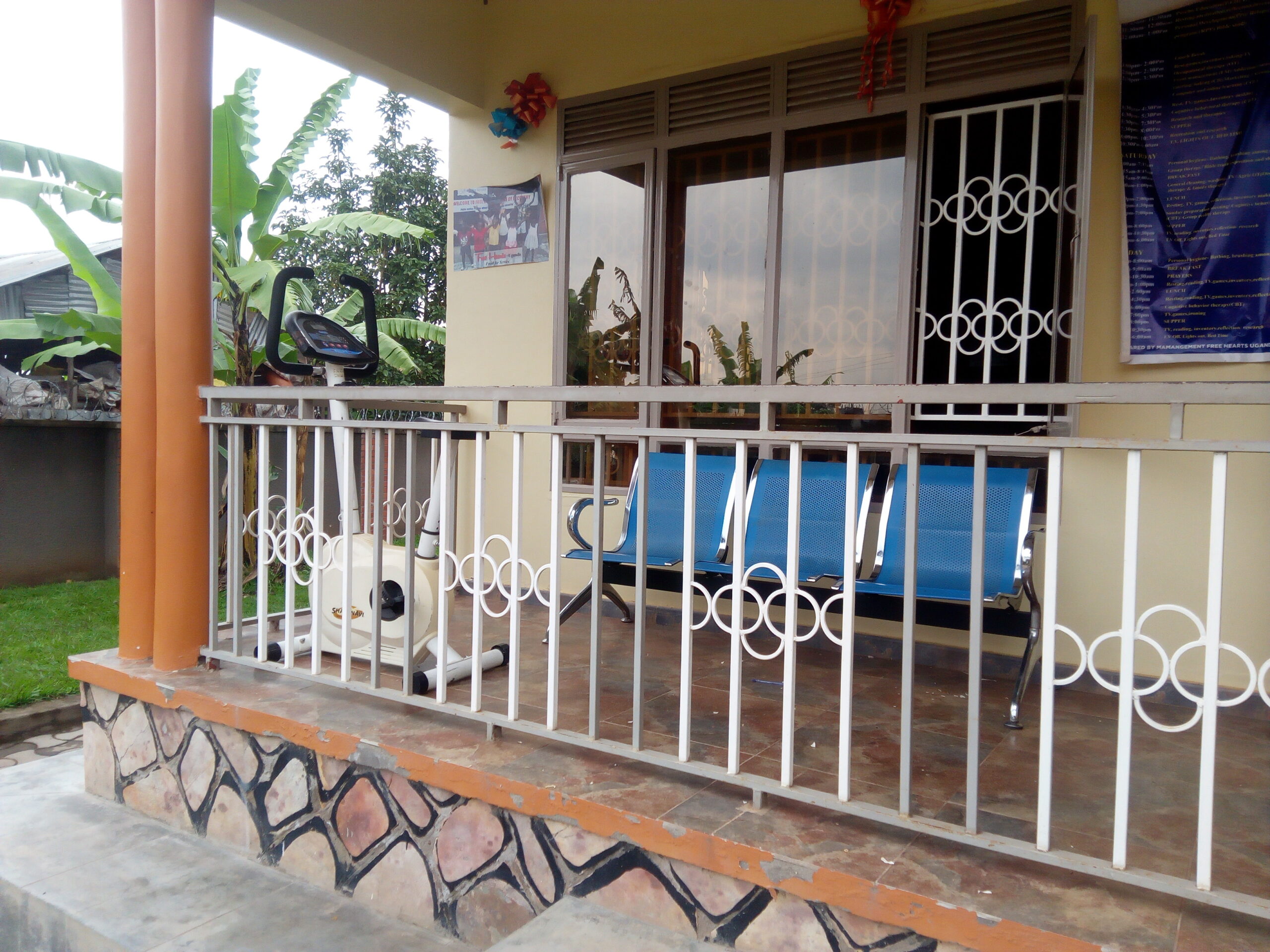
CHALLENGES OF USING RE-EVALUATION COUNSELING AND CBT IN ADDITION RECOVERY
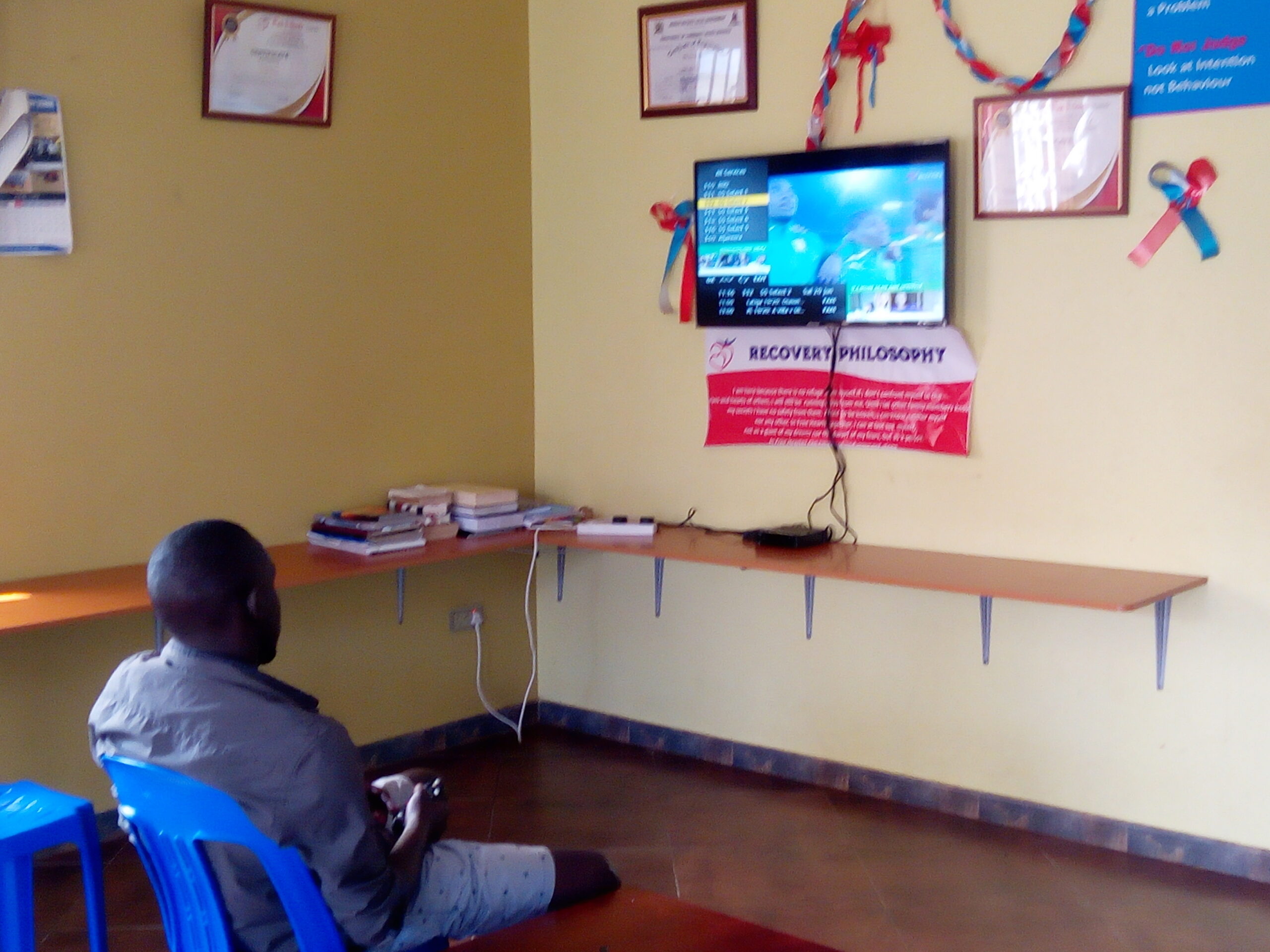
Freed Hearts Uganda uses CBT as the basic model of handling addiction for CBT handles thoughts, feelings and emotions that produce behavior.
Qn1: What is re-evaluation counselling? (RC)
This theory was formulated by Havy Jarckins during the 2nd World War social challenges.
It pre-supposes that humankind is born with a freed mind without external data.
Thereafter, it begins to receive information from the environment where by hurts perpots to be pre-eminent over everything else.
Qn2: What is CBT?
This is cognitive behavioral therapy which was propagated mostly by Dr. Allan T. Becky in the last 2 decades that become pre-eminent in 1970’s and 80’s the best therapeutic approach to individuals that are going through chronic diseases e.g. addiction, depression etc.
HUMAN NATURE AND CBT
Qn1: What is human nature?
Some call it basic personality. In some African languages, It is much clearer to understand it ‘’obuntu’’ The word "buntu" doesnot entirely cover the personally concept but also history and the environment.
Cognitive Behavioral Therapy-CBT begins from this concept:
That a person has thoughts and beliefs which interconnect with feelings (emotions) and finally which produces (actions) in our case, addiction.
Being a Doctor of addiction recovery, this has become my foundation concept that our thought system when not changed will always be influenced by our emotional attitude and with this addiction lessons a recycled behavior / action.
Our minds are always getting information that our brains must think about and mostly these thoughts tend to consider this we see, we hear, we smell, taste and feed. And these are the 5 senses that inform the brain.
Now if the brain receives information that is negative, there's no way behavior will be positive.
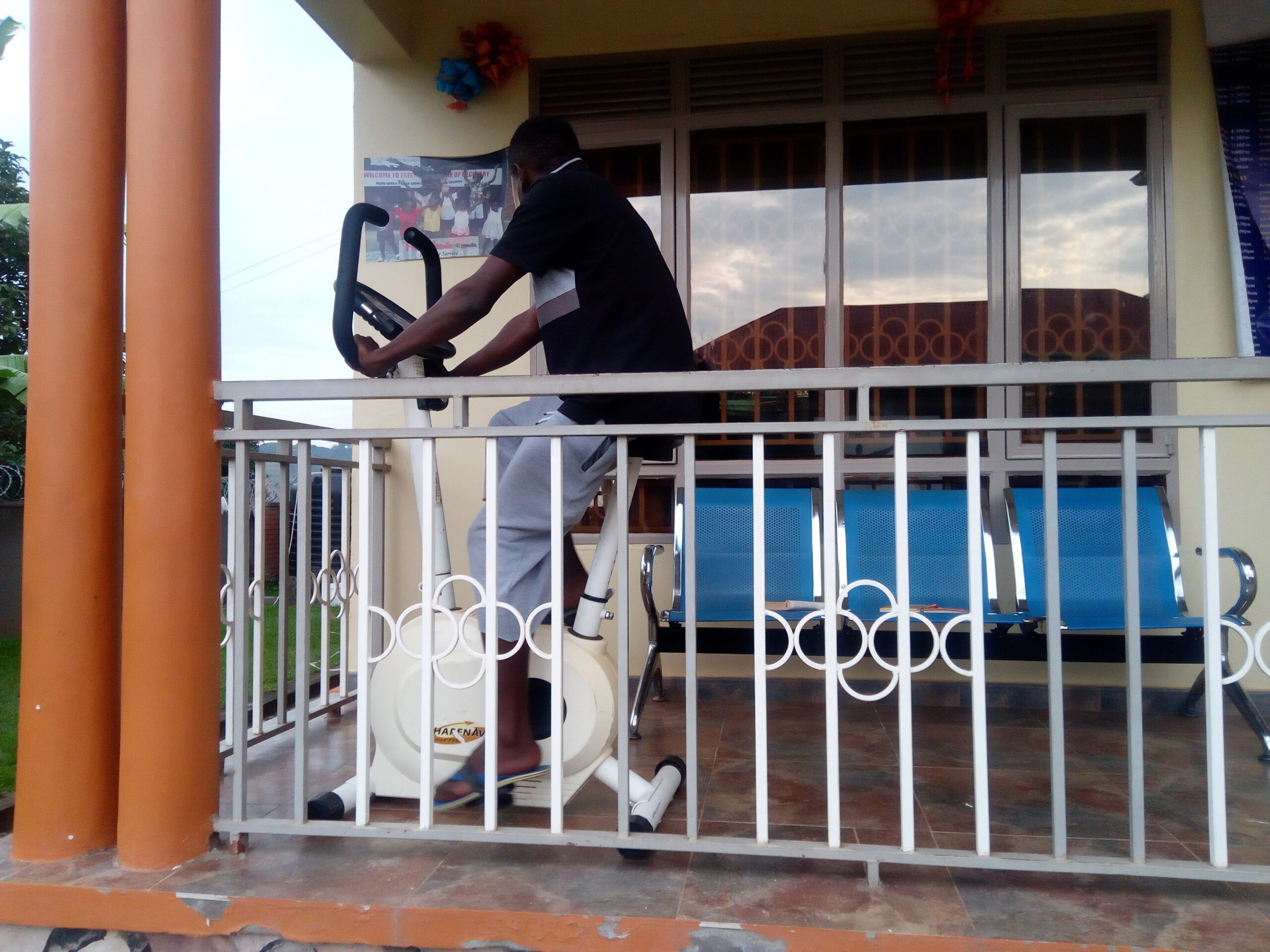
That is why in my previous article where I criticized RC, which presupposed that our minds from the very start hurts; hurts are a raw material which counselling is based (known as discharge)
Such an approach to addiction recovery needs someone to make a deeper research so that we can come to a common agreement.
Dr. Chris Kigezo
+256772373745
HOW DOES A CBT REHABILITATION CENTRE LOOK LIKE?
I will use free hearts as a model for the above topic. CBT means cognitive behavioral therapy. The pillars of CBT are thoughts, behavior and emotions. These pillars are interconnected and are the ones we use to deal with addiction. Freed Hearts Uganda uses the third wave of CBT but most approaches are from the second wave.
Spiritual exercises: due to different faith approaches, inventory making, reflection, meditation or call itself awareness is the first program in the morning. For Free Hearts, there is a special bias for Christianity because most of the members are Christians. The bible is used as a tool for data collection which include; thoughts about …….., forgiveness, the golden rule, meekness and not judging. These may look Christian but they are universal software for mind changing.
HOW TO HELP SOMEONE YOU SUSPECT TO BE abusing SUBSTANCEs

Early this month was called by lion’s (central) Kampala to talk about the above. I was given less than 15 minutes and I promised them that I would expand the same on our website for personal adaptation and criticism.
This article is divided into 5 pillars.
Now we are going to begin with pillar number 1.
KEEP YOURSELF SAFE
Even if you intend to help out someone who is abusing substance. Remember that your own life is important too.
Consider how that problem (of abuse) is affecting you personally ans your surrounding.
React consciously and make intelligible choices because in such stress, our thinking becomes burred and we make courageous moves which result into physical hurt or even death. Even if you feel bad about the situation, understand your emotions and handle them with wisdom.
intro to addiction treatment & rehabilitation

Addiction is putting self at the center of things. Being full of self.
The modern grasshopper harvesting is a typical example...

Here, we discuss the deeper roots of unhealthy addictive behavior and how they can be replaced with better and healthy habits

How a faulty belief system can cause addictive behavior. A life style resulting from...
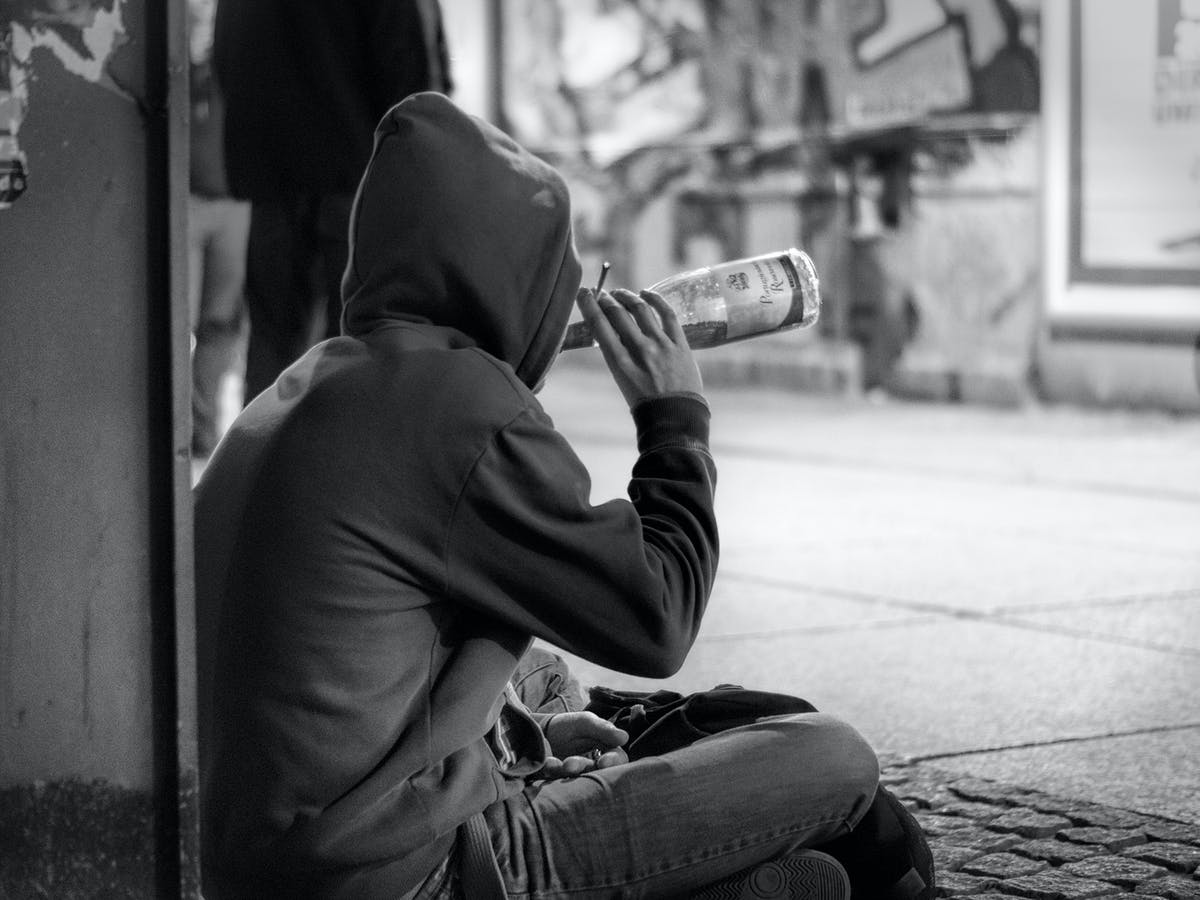
We discuss how immaturity in responding to difficult life situations causes addiction
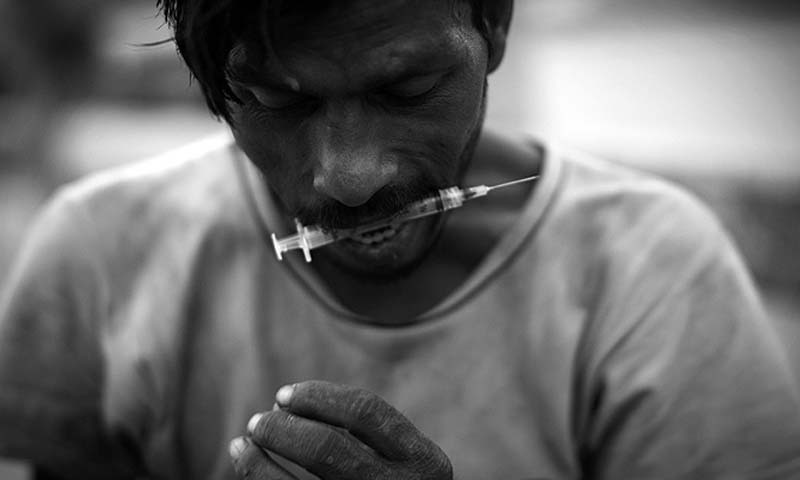
One of the root cause is lack of proper boundaries and personal convictions. We discuss how early frustrations cause addictive behaviors.

A Faulty Value System and how it can cause addictive behavior
Addiction: When & where to get help
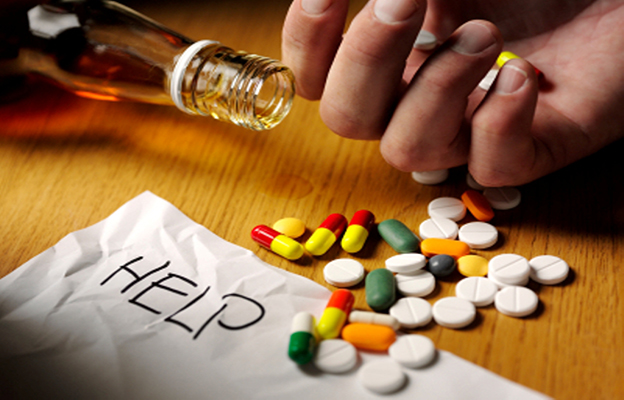
The
process of addiction is gradual. One may be able to notice as they
lose control while other times it takes family, friends and workmates
to be able to notice that one is struggling with an addiction.
Addiction simply starts with tasting or trying a drug of abuse, this
is usually described as the Experimental stage. Here, the drug is
seen as fun and most users are first time users mostly under peer
pressure or just trying to look for pleasure.
Once the pleasure principal is attained it is possible for one to continue using and thus becoming a social user, where the drug has not taken priority over other life activities and experiences. In social use, the urge to use only comes at social gatherings or occasions where the drug is made available.


